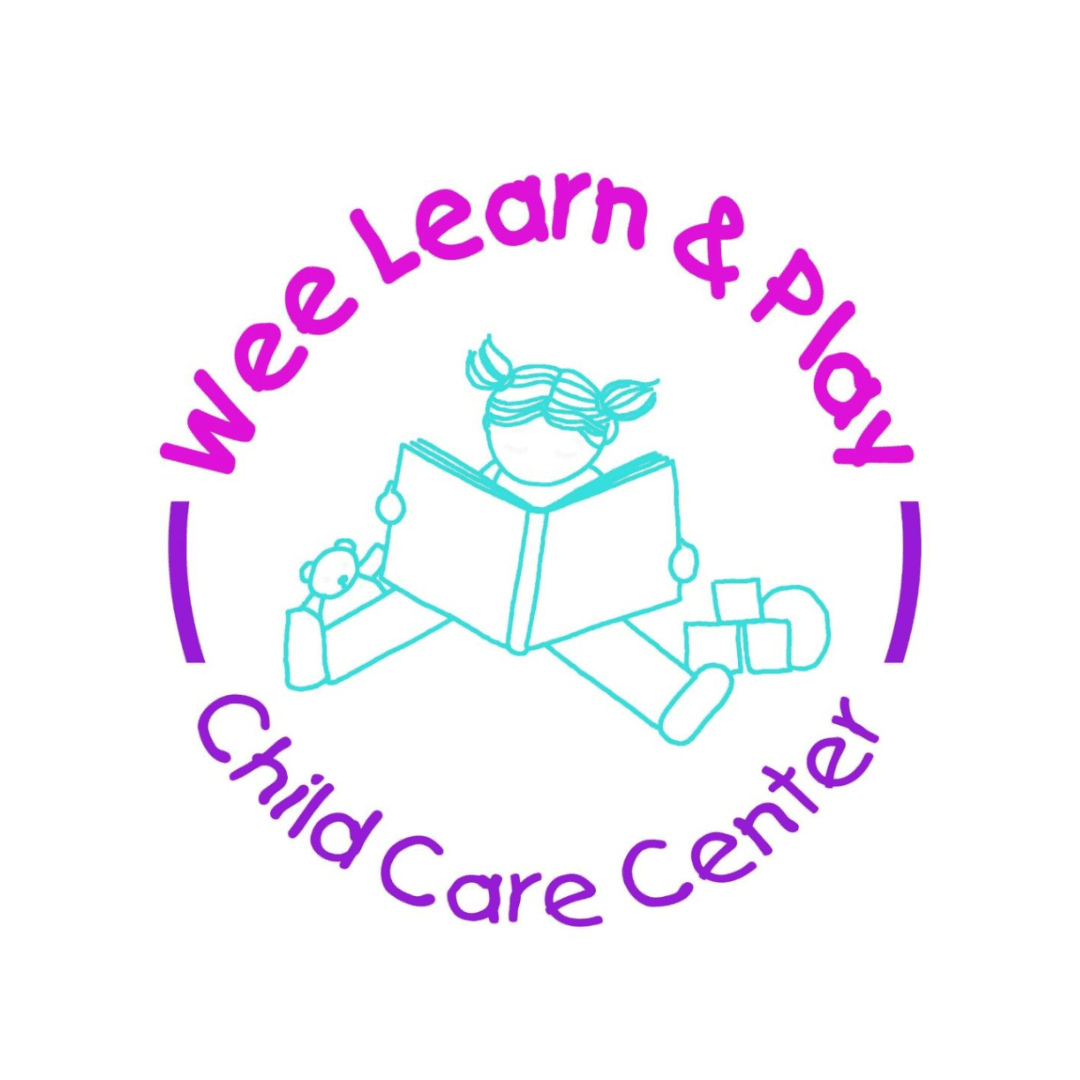"Empowering Families: Effective Positive Parenting Strategies"

Posted on November 11th, 2023
Welcome to Wee Learn & Play, your trusted resource for nurturing happy and healthy families. Parenting is a journey filled with joy, challenges, and countless opportunities for growth. In this blog post, we'll explore effective positive parenting strategies to help you foster a strong and loving connection with your child, while nurturing their emotional and cognitive development.
1. Create a Loving and Supportive Environment:
The foundation of positive parenting begins with creating a warm and nurturing environment at home. Children thrive when they feel loved, supported, and safe. Express your affection through hugs, words of encouragement, and quality time spent together. A secure emotional foundation equips your child to explore the world with confidence.
2. Set Clear and Age-Appropriate Expectations:
Establishing boundaries and expectations is essential for your child's development. Be sure to set clear, age-appropriate rules and expectations. Consistency is key, as it helps children understand what is expected of them and builds a sense of security. Remember to explain the reasons behind the rules to encourage understanding.
3. Positive Reinforcement:
Rather than focusing solely on punishment, emphasize positive reinforcement. Praise and reward your child when they exhibit desirable behaviors. This not only motivates them to continue making good choices but also strengthens your bond.
4. Effective Communication:
Open and honest communication is at the heart of positive parenting. Listen actively to your child's thoughts and feelings, and encourage them to express themselves. This fosters trust and teaches them the value of healthy communication.
5. Encourage Independence:
Support your child's growing independence by allowing them to make choices and decisions within safe limits. As they learn to solve problems and make their own choices, they develop essential life skills and gain self-confidence.
6. Teach Problem-Solving:
Children need guidance in learning how to handle challenges. Instead of immediately solving problems for them, help them develop problem-solving skills by asking open-ended questions and exploring solutions together.
7. Time for Play:
Play is the work of childhood. Make time for imaginative and creative play, which fosters your child's cognitive, social, and emotional development. Engage in their world of play to strengthen your bond and encourage learning.
8. Lead by Example:
Children often model their behavior on what they see in their parents. Demonstrate the values, attitudes, and behaviors you want your child to adopt. Your actions speak louder than words.
9. Stay Patient:
Parenting can be challenging, and moments of frustration are normal. Practice patience and self-compassion, as you are a role model for emotional regulation. Take breaks when needed, and remember that no one is perfect.
10. Seek Support:
Parenting is a community effort. Don't hesitate to seek advice, support, and guidance from friends, family, or parenting professionals when you need it. Sharing your experiences and learning from others can be invaluable.
Positive parenting is a journey that evolves as your child grows. It's about nurturing a strong, loving, and respectful relationship with your child while equipping them with the skills and values they need to thrive. By implementing these effective positive parenting strategies, you can create a harmonious, supportive, and loving family environment. Together, you and your child can embark on a rewarding journey of growth and development. Here's to empowering families through positive parenting!
Get in Touch
How Can We Help You?
Our team is awaiting your contact. Please send us a message, and we will reply as soon as possible.
